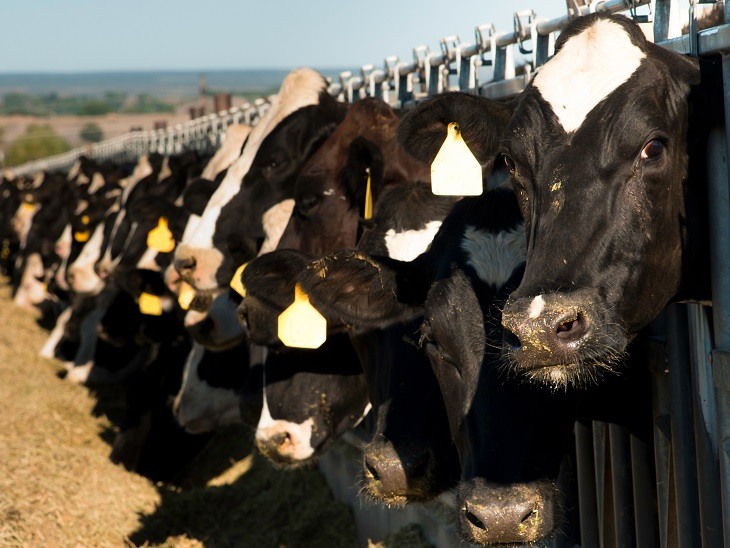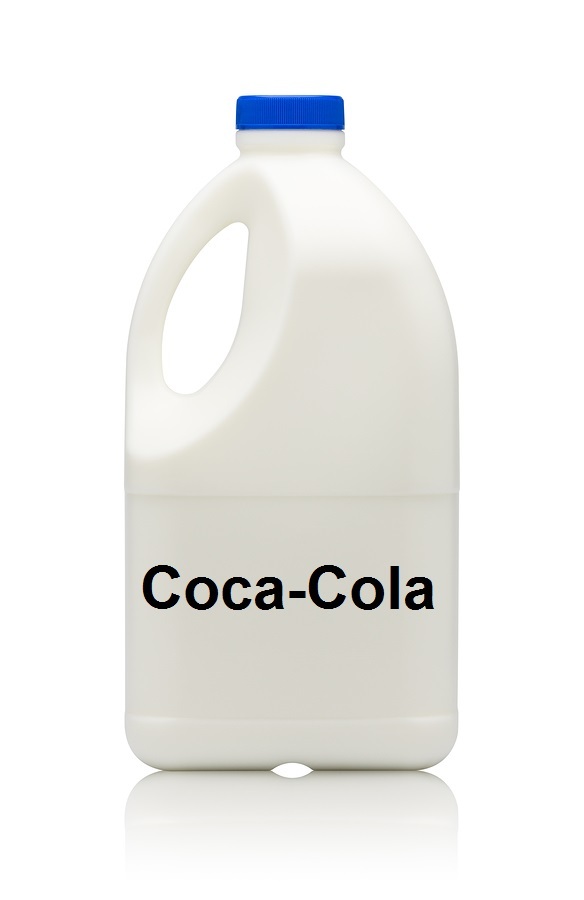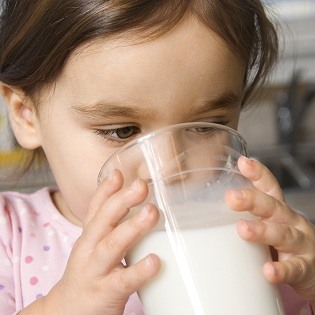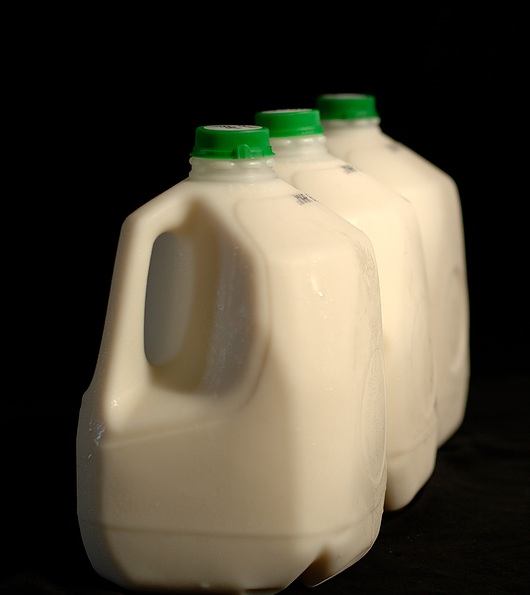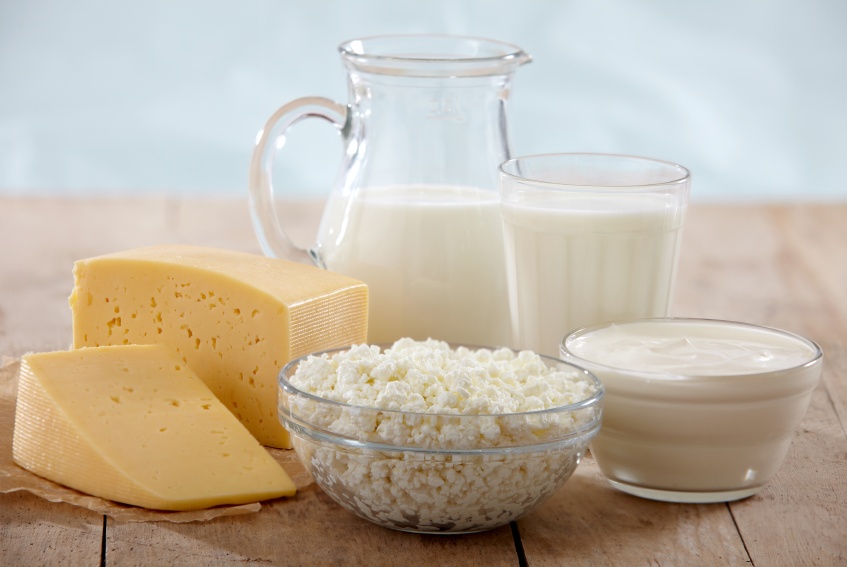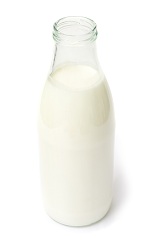Commercial Dairy Industry Dumping Millions of Gallons of Surplus Milk
The U.S. food system is set up to protect industrialized, centralized food production and distribution, while efforts to decentralize food are kept strictly under wraps. There are many problems with this system, including the fact that food production is often out of sync with demand, leading to excessive amounts of waste. In 2016, for instance, the industrial dairy industry has dumped 43 million gallons of milk due to a massive milk glut. The glut is the result of a 2014 spike in milk prices, which encouraged many dairy farmers to add more milk cows to their farms. U.S. Department of Agriculture (USDA) data shows that dairy cows have increased by 40,000 in 2016, with a 1.4 percent increase in production per cow. With too much milk and nowhere to sell it, prices have tanked. Milk prices declined 22 percent in recent months to $16.39 per 100 pounds — a price so low some farmers can no longer afford to even transport it to the market.1 The milk glut isn’t only affecting the U.S., either. It’s been felt globally, which means milk producers can’t export their surplus milk. What’s a dairy farmer to do with a surplus of milk? Dump it — on fields, into animal feed or added to manure lagoons.




